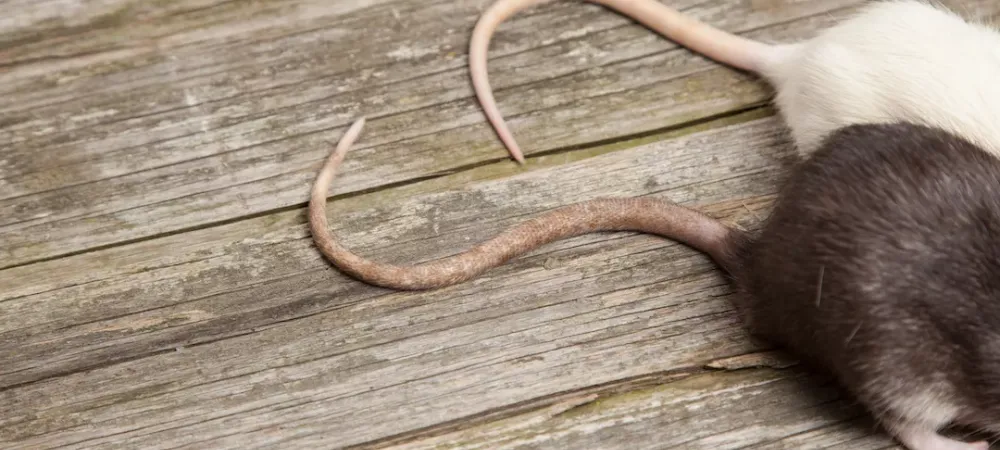How To Prevent Rodent Infestations In Winter

When temperatures drop, rodents like mice and rats start searching for warm shelter—and your home is the perfect target. These pests can cause serious damage, contaminate food, chew through wiring, and even spread diseases. If you're not proactive, a minor issue can quickly become a full-blown infestation.
Why Rodents Invade Homes in Winter
Rodents don’t hibernate—instead, they move indoors to escape harsh winter conditions. Here’s why rodents invade Nebraska homes in the winter:
- Warmth - Homes offer heat from insulation, appliances, and HVAC systems.
- Food availability - Kitchens, pantries, and trash bins provide easy access to food when outdoor sources run out.
- Shelter - Attics, basements, and wall voids are quiet, protected areas perfect for nesting.
- Entry points - Small cracks or gaps around doors, vents, and foundations make it easy for rodents to get inside.
- Water sources - Leaky pipes and pet water bowls give rodents the moisture they need to survive indoors.
How to Prevent a Rodent Infestation
Taking a few preventive steps now can save you a lot of stress and expense later. Here’s how to rodent-proof your home for winter:
Seal All Entry Points
Rodents can squeeze through holes as small as a dime. Inspect your home for cracks, gaps, and openings around:
- Foundation walls
- Doors and windows
- Vents and utility lines
- Rooflines and attic access points
Use materials like steel wool, caulk, or hardware cloth to seal these areas. Don’t forget to check under garage and exterior doors for gaps.
Eliminate Food Sources
Rodents are highly attracted to accessible food. To make your home less appealing:
- Store dry food in airtight plastic or metal containers.
- Clean up crumbs and spills immediately.
- Keep garbage cans sealed tightly with fitted lids.
- Avoid leaving pet food out overnight.
Declutter and Deep Clean
Rodents love cluttered, undisturbed areas where they can build nests. Keep basements, attics, garages, and storage areas tidy and free of debris.
Maintain Your Yard
Trim shrubs and trees away from your home to eliminate rodent highways. Store firewood at least 20 feet from your house and elevate it off the ground.
Consider a Natural Deterrent
Peppermint oil has a strong scent that rodents dislike. Soaking cotton balls in peppermint oil and placing them near potential entry points can help deter them.
Request Your Free Rodent Control Quote Today
Don’t wait for a few mice to turn into a full-blown infestation. Contact us today for a free quote and learn more about our safe, effective winter rodent control services.
